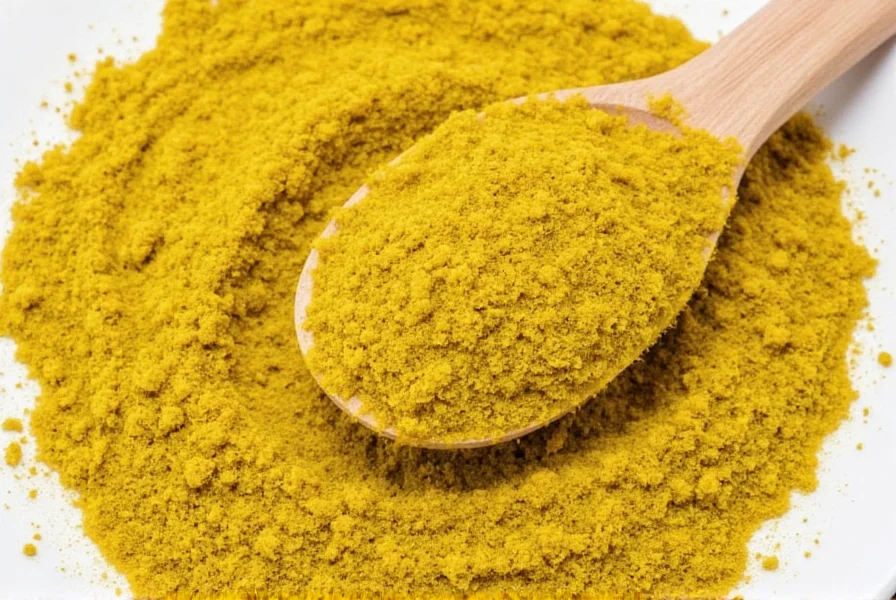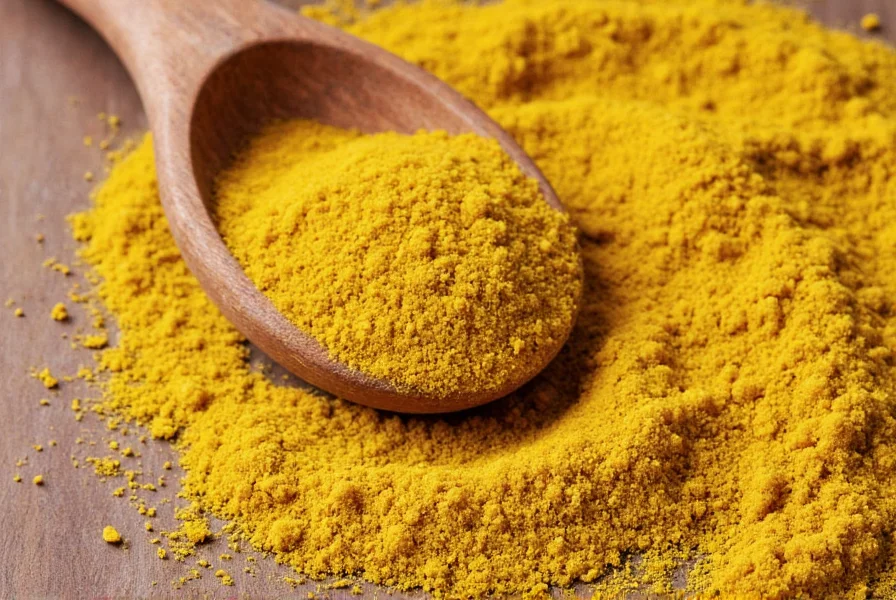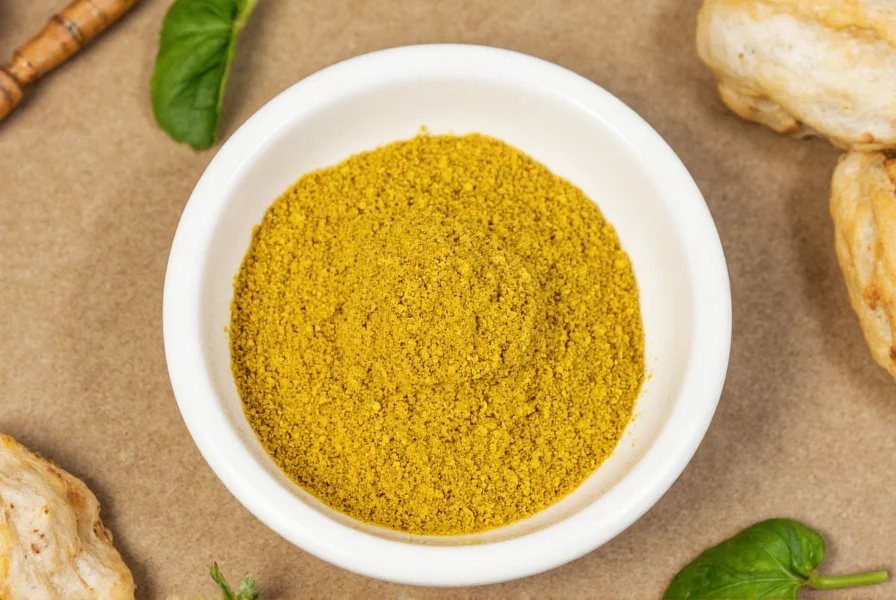Mustard, one of the world's oldest condiments, delivers impressive health advantages beyond its distinctive flavor. This versatile plant, derived from Brassica family seeds, contains bioactive compounds that scientific research continues to validate for their therapeutic potential. Understanding the specific benefits of different mustard types helps maximize their health impact in your daily diet.
Nutritional Composition of Mustard Varieties
Mustard comes in several forms, each with unique nutritional profiles. Mustard seeds contain the highest concentration of beneficial compounds, while prepared mustards vary based on ingredients and processing methods.
| Mustard Type | Key Nutrients | Calories per Tbsp | Notable Compounds |
|---|---|---|---|
| Yellow Mustard Seeds | Protein, Fiber, Calcium | 55 | Glucosinolates, Selenium |
| Prepared Yellow Mustard | Vitamin C, Turmeric | 3 | Curcumin (if turmeric added) |
| Dijon Mustard | B Vitamins, Magnesium | 5 | Allyl isothiocyanates |
| Whole Grain Mustard | Fiber, Iron | 8 | Intact glucosinolates |

Science-Backed Health Benefits of Mustard
Powerful Anti-Inflammatory Effects
Mustard seeds contain significant amounts of selenium and magnesium, minerals known for their anti-inflammatory properties. Research published in the Journal of Agricultural and Food Chemistry demonstrates that allyl isothiocyanates in mustard inhibit inflammatory pathways similar to some pharmaceutical approaches. These compounds particularly benefit individuals with arthritis or other inflammatory conditions. The health benefits of yellow mustard become more pronounced when consumed regularly as part of an anti-inflammatory diet.
Cardiovascular Protection
Studies indicate that regular consumption of mustard seeds supports heart health through multiple mechanisms. The omega-3 fatty acids in mustard seeds help reduce triglyceride levels, while the magnesium content promotes healthy blood pressure regulation. A 2022 review in Nutrition Research highlighted that populations consuming traditional mustard-based diets showed lower incidence of cardiovascular disease. Understanding how mustard helps digestion also connects to heart health, as improved digestion reduces systemic inflammation that affects cardiovascular function.
Antioxidant and Potential Cancer-Protective Properties
The glucosinolates in mustard seeds transform into isothiocyanates during digestion, compounds extensively studied for their cancer-protective effects. Research from the American Institute for Cancer Research suggests these compounds may help neutralize carcinogens and inhibit tumor growth. While not a cancer treatment, incorporating mustard into your diet represents a practical dietary strategy for long-term cancer risk reduction. The nutritional value of mustard makes it particularly valuable when consumed alongside cruciferous vegetables for synergistic effects.
Digestive Health Enhancement
Mustard has been used traditionally as a digestive aid, and modern science supports this application. The compounds in mustard stimulate saliva and gastric juice production, improving food breakdown and nutrient absorption. A clinical trial published in Food Science & Nutrition found that participants consuming mustard with meals experienced significantly less bloating and discomfort. This explains how mustard helps digestion through natural stimulation of digestive enzymes without adverse effects.
Maximizing Mustard Benefits in Your Diet
To fully leverage the benefits of consuming mustard daily, consider these evidence-based approaches:
- Choose stone-ground or whole grain varieties to preserve more active compounds
- Combine with healthy fats like olive oil to enhance absorption of fat-soluble compounds
- Add to cooked dishes near the end to preserve heat-sensitive nutrients
- Use as a salt substitute to reduce sodium intake while adding flavor
- Incorporate mustard seeds into homemade dressings for concentrated benefits

Considerations and Limitations
While mustard offers numerous advantages, certain considerations ensure safe consumption. People with hypothyroid conditions should moderate intake as excessive mustard consumption may interfere with thyroid function. Those with gastrointestinal ulcers might experience irritation from large quantities. The is mustard good for heart health question has positive answers for most people, but individuals on blood thinners should consult their physician due to mustard's vitamin K content.
Mustard represents a valuable addition to a balanced diet rather than a standalone treatment. The evidence supporting mustard seeds anti-inflammatory properties continues to grow, but realistic expectations are essential. No single food provides miraculous cures, but consistent inclusion of nutrient-dense options like mustard contributes significantly to long-term wellness.
Conclusion
Mustard's health benefits extend far beyond its role as a condiment. From reducing inflammation to supporting cardiovascular function and potentially lowering cancer risk, this ancient plant offers scientifically validated advantages. Different mustard varieties provide varying concentrations of beneficial compounds, allowing customization based on specific health goals. When incorporated thoughtfully into a balanced diet, mustard represents a simple yet powerful addition to daily nutrition that delivers measurable health improvements over time.
Frequently Asked Questions
What specific health benefits does yellow mustard provide compared to other varieties?
Yellow mustard contains turmeric (curcumin), which provides additional anti-inflammatory benefits beyond standard mustard compounds. While it has lower concentrations of active compounds than mustard seeds, its curcumin content offers unique joint health support and cognitive benefits not found in other prepared mustards.
How much mustard should I consume daily to gain health benefits?
Research suggests 1-2 teaspoons of prepared mustard or 1/2 teaspoon of mustard seeds daily provides measurable benefits without potential side effects. This amount delivers sufficient bioactive compounds while keeping calorie and sodium intake within healthy ranges for most adults.
Can mustard help with weight management?
Mustard may support weight management through several mechanisms. Its strong flavor allows reduction of higher-calorie condiments, it contains compounds that may slightly increase metabolic rate, and its fiber content (especially in whole grain varieties) promotes satiety. However, mustard alone won't cause weight loss without overall dietary and lifestyle changes.
Are there any groups who should avoid mustard for health reasons?
Individuals with hypothyroidism should moderate mustard consumption as excessive intake may interfere with thyroid function. People with gastrointestinal ulcers or severe acid reflux might experience irritation from large quantities. Those on blood-thinning medications should consult their physician due to mustard's vitamin K content, which affects blood coagulation.











 浙公网安备
33010002000092号
浙公网安备
33010002000092号 浙B2-20120091-4
浙B2-20120091-4